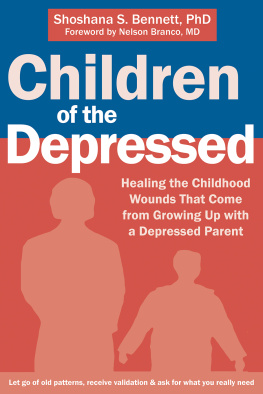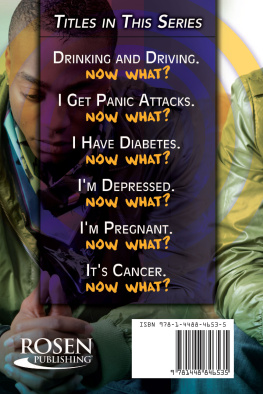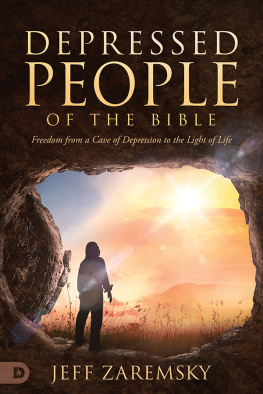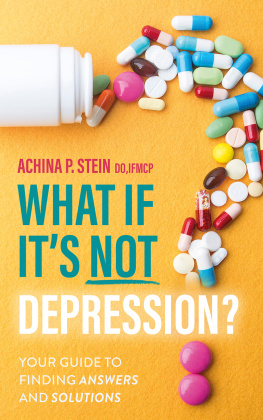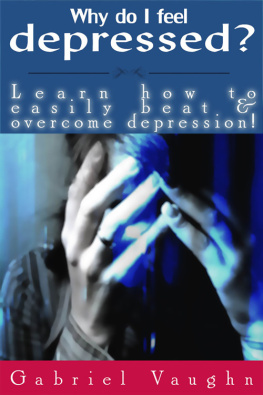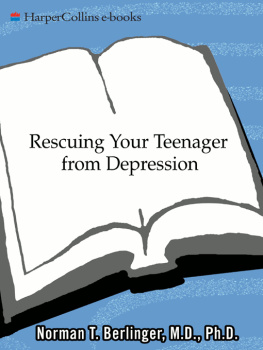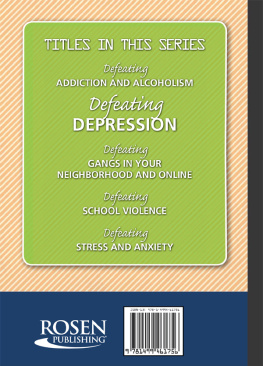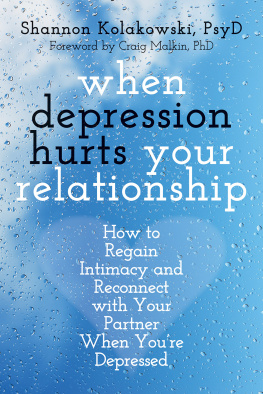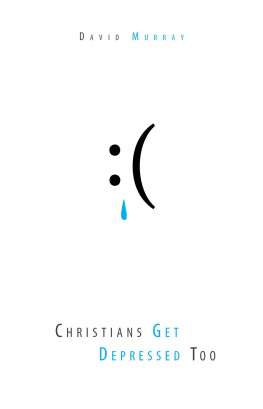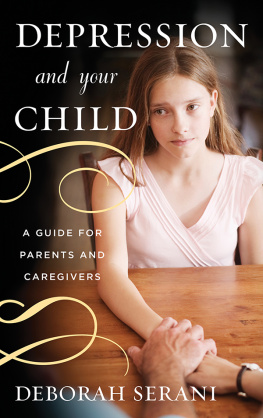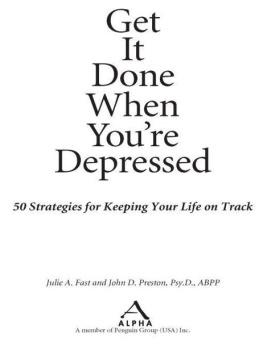
Shoshana S. Bennett, PhD, is a pioneer in the field of parental depression and its effects on children. A clinical psychologist and media expert, Bennett has inspired and transformed countless lives worldwide through her radio shows, books, and videos. She is the creator of the free app PPD Gone!; author of several books, including Pregnant on Prozac and Postpartum Depression for Dummies; and a past president of Postpartum Support International. Bennett has trained thousands of medical, mental health, and newborn care professionals on the topic of parental depression, providing common-sense tools to overcome these conditions and protect children. To find out more, visit www.drshosh.com.
Foreword writer Nelson Branco, MD, is a practicing pediatrician in Marin County, CA. He is the managing partner of Tamalpais Pediatrics, and has worked in varied settings providing primary care to children and teens over the past two decades.
A well-written, insightful resource offering hope and power to those challenged by the presence of a depressed parent. Children of the Depressed provides readers with the ability to understand and overcome a difficult period. More importantly, it offers a road map to the healing process.
Linda OConnor, freelance writer and host of Parent Talk, a weekly parenting radio show on Timeless FM 102.9 and AM 1230 WECK in Buffalo, NY
As children, few of us understood the lasting impact that living with a depressed parent would have on our lives. Shoshana S. Bennett demystifies this phenomenon in an easy to understand book that provides not only the understanding of what children experience, but practical steps that lead to lifelong healing.
Patricia de Lambert, RN, BS, MA
Children of the Depressed should be required reading for everyone! Shoshana S. Bennett has created a concise, clearly written, and inspirational guidebook. I could relate personally, since my father was bipolar and I was also depressed while raising my children. Thank you, Dr. Shosh, for this unique and timely book.
Jane Honikman, MS, cofounder of Postpartum Education for Parents and founder of Postpartum Support International
Shoshana S. Bennett intimately understands depression and offers other children of depressed parents enlightened ways of getting to a better place. Combine that with insight, practical exercises, and clear therapeutic processes, and you have a book that feels as though it was written while gently holding a child of depressed parents in her loving arms.
Suzi Snyder, PhD, lifelong learner and educator who looks to transform lives through a combination of life coaching, Eden Energy Medicine, and ancient feng shui principles
Lovingly drawing from her personal and clinical experience, [Bennetts book] is a gift to everyone who has had a depressed parent. Shoshana S. Bennett shows how a depressed parent may affect you and how you can heal. Whether you are sixteen or 106if you think you had or have a depressed parent, this common-sense book can change your life and relationships!
Bruce Linton, PhD, director of the Fathers Forum and the author of Becoming a Dad: How Fatherhood Changes Men
This book is a must-read for adults who grew up with a depressed parent. Shoshana S. Bennett provides easy-to-understand information and offers realistic hope. The book is filled with practical tools to promote healing.
Barbara Grelling, PhD, clinical psychologist in private practice specializing in the treatment of women with perinatal depression and anxiety
Children of the Depressed provides a compassionate, honest, and thoughtful guide for adults who are on a journey of healing the wounds of their childhood. Through stories, clinical research, and experience, Shoshana S. Bennett offers sage advice on how to understand and overcome the consequences of living with a depressed parent. She shines a bright light on the path to living a full and meaningful life. I know many people will be deeply grateful for this book.
Rona Renner, RN, temperament counselor, parenting coach, and author of Is That Me Yelling?
Brilliantly written by the renowned clinical psychologist, Shoshana S. Bennett, Children of the Depressed offers help and hope to those who grew up with a depressed parent. Powerful and inspirational, this book provides eye-opening explanations, real-life examples, and concrete solutions on how to achieve a more meaningful and fulfilling life despite the challenges of childhood.
Svetlana Blitshteyn, MD, director and founder of Amherst Neurology and Dysautonomia Clinic and coauthor of POTS: Together We Stand

Publishers Note
This publication is designed to provide accurate and authoritative information in regard to the subject matter covered. It is sold with the understanding that the publisher is not engaged in rendering psychological, financial, legal, or other professional services. If expert assistance or counseling is needed, the services of a competent professional should be sought.
Distributed in Canada by Raincoast Books
Copyright 2014 by Shoshana S. Bennett
New Harbinger Publications, Inc.
5674 Shattuck Avenue
Oakland, CA 94609
www.newharbinger.com
Cover design by Amy Shoup
Acquired by Jess OBrien
Edited by Brady Kahn
All Rights Reserved
Library of Congress Cataloging-in-Publication Data on file
Contents
Foreword
As a primary care pediatrician, I am often corrected when I refer to the parents of the children in my practice as my patients. Strictly speaking, they are not. Unlike a family physician, I dont check their blood pressure or cholesterol or listen for heart murmurs in their chests. But the health of the children in my practice is directly related to the health and behaviors of their parents. Cigarette smoking is an obvious example. Secondhand and thirdhand smoke affects the health of children in many ways. What is less obvious are the effects of modeling. Having a parent who smokes makes it twice as likely that you will begin smoking as a teenager. Whether consciously or unconsciously, we are constantly modeling behavior and attitudes for our children.
In the course of my day, I interview and examine children while talking to them about healthy habits and behaviors. I spend just as much effort interviewing parents, trying to get a sense of their personal challenges as parents and what resources they have to help them along this important journey. A depressed parent is part of a childs family history, the list of diagnoses and conditions that are more likely because of their genetic makeup. A depressed parent also becomes an important part of the social history, things that affect a child directly or indirectly: family support, living situation, socioeconomic class, education, pets, environmental exposures, and parental employment. A depressed parent has a hard time caring for his or her familythis is no secret. How children experience this affects their childhood, their adulthood, and their own parenting.
Scientists of varied disciplines have taught us a great deal about the mind over the past twenty years. Using advanced techniques and research methods, we now know that the brain is not staticthere is growth and change throughout much of our lives. Neuroplasticity, epigenetics, toxic stress, cortical remapping, critical period of brain development, neurogenesis, and DNA methylation are all terms that have become part of our scientific vocabulary. While the past imprints on us and influences our future, there is no doubt that we humans are capable of great change and can understand, overcome, and redirect the course of our lives. Our current biology is not our destiny, nor are we a sum total of our genetics and experiences. There are variables and mutations not yet understoodall of which we can modify and in some way control.

